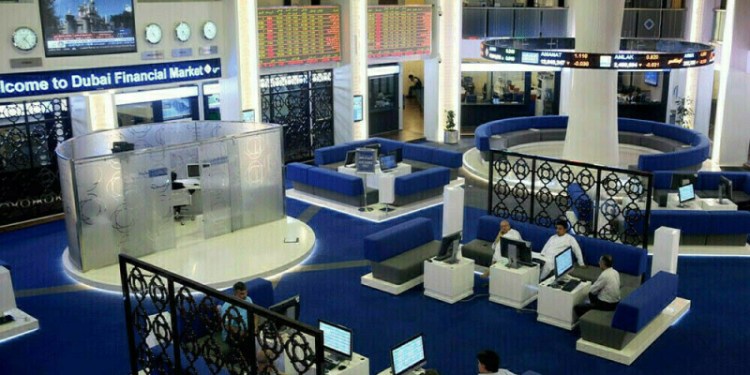(Corrects date of UK inflation data to Tuesday from Wednesday)
By Andy Bruce and Ana Nicolaci da Costa
LONDON, Aug 17 (Reuters) – Bank of England official Kristin Forbes has become the latest rate-setter to highlight the bank’s central dilemma: how to square a strong domestic economy, which points to higher interest rates, with global disinflationary forces.
Forbes sent the pound higher against the euro after she warned Britain’s economic recovery could be damaged if the BoE (Shenzhen: 200725.SZ – news) waits too long before raising interest rates.
She (Munich: SOQ.MU – news) pointed to the strong momentum in the economy and improving wage data.
But she also noted that sterling’s strength, falling energy prices and the devaluation of China’s yuan currency, might dampen international inflation.
While emphasising that some of these factors might obscure rising underlying cost pressures in Britain, her comments were a reminder that the outlook for British monetary policy hinges to a large extent on global pressures.
Writing in an opinion piece in the Telegraph newspaper, Forbes, a member of the rate-setting Monetary Policy Committee (MPC (KOSDAQ: 050540.KQ – news) ), reiterated BoE Governor Mark Carney’s view that the exact timing of a rate hike cannot be predicted in advance.
“If you go through her comments, they were a little bit more balanced and nuanced than the ‘rates to rise soon’ headlines might have led you to believe,” said Ross Walker, economist at RBS (LSE: RBS.L – news) .
“I think her comments were less hawkish than the market reaction perhaps suggests.”
Most economists think the BoE will wait for the U.S (Other OTC: UBGXF – news) . Federal Reserve to raise interest rates from record low levels before following suit, with the U.S. central bank looking on track to hike in September.
Britain releases headline inflation data for July on Tuesday, which economists expect will stay flat at zero.
Walker from RBS said lower petrol and utility bill prices would probably continue to weigh on inflation, while falling oil and metal prices would keep on depressing input prices for producers.
“In other words, we could go into the February MPC meeting with the December CPI print only a little over zero. Now (NYSE: DNOW – news) , you could say that they’ll look through that, but you could say they could look through the present weakness now to a greater extent, if they wanted to.”
In its latest economic outlook, the BoE stressed that a recent strengthening in the pound and a renewed fall in oil prices would push down inflation until at least the middle of next year and said the impact of the rise in sterling could persist even longer.
Sterling hit a 7-1/2 year high earlier this month and is up almost 7 percent this year on a trade-weighted basis.
Forbes said she would keep an eye on the pass-through from sterling and on core inflation, which strips out volatile energy prices, when assessing the next rate move. (Additional reporting by Kylie MacLellan Editing by Jeremy Gaunt)


























